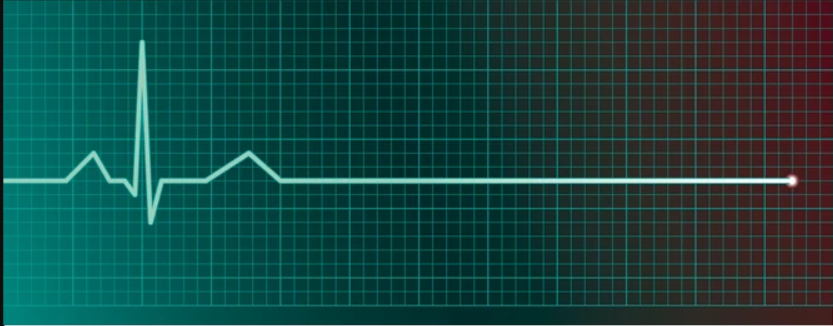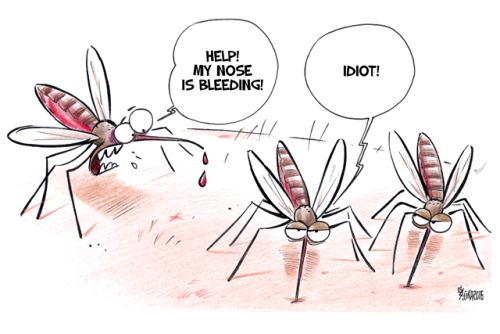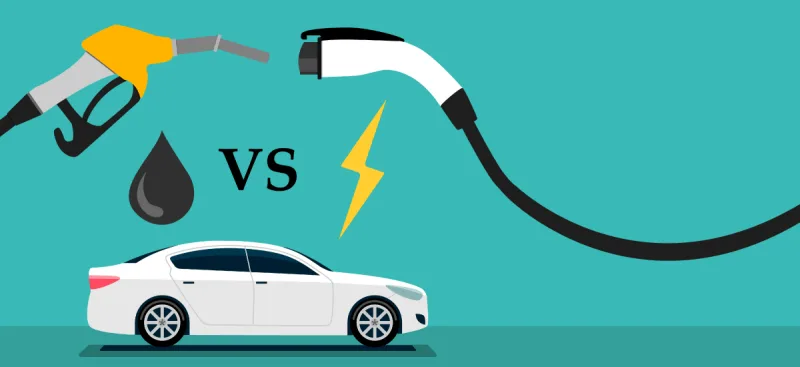
Introduction
In recent years, there has been a noticeable increase in sudden cardiac arrest (SCA) cases among young individuals, some as young as 6 or 7 years old. This surge has raised concerns, especially since such incidents were relatively rare in the past. This article delves deep into this phenomenon, comparing recent data with the past decade, exploring potential causes, and examining the health implications for both the younger and older populations.
Understanding Sudden Cardiac Arrest
Sudden cardiac arrest occurs when the heart unexpectedly stops beating, leading to a cessation of blood flow to the brain and other vital organs. If not treated immediately, SCA can result in death. It’s crucial to distinguish between SCA and a heart attack; while a heart attack is caused by blocked blood flow to the heart muscle, SCA is primarily an electrical malfunction causing the heart to stop.
Historical Perspective: SCA in Young Populations
Traditionally, SCA has been associated with older adults, particularly those with underlying heart conditions. However, even before the recent surge, SCA in young people, though rare, was a recognized medical concern. According to the Centers for Disease Control and Prevention (CDC), approximately 2,000 individuals under the age of 25 in the United States die each year from sudden cardiac arrest.
Recent Surge: Analyzing the Data
Over the past two years, reports have indicated a significant increase in SCA cases among young individuals. For instance, a study analyzing data from Israel’s National Emergency Medical Services observed a 25% increase in cardiac arrest and acute coronary syndrome calls among 16 to 39-year-olds during the first half of 2021 compared to the same period in previous years.
Similarly, research from the Smidt Heart Institute highlighted a rise in heart attack deaths among young adults since the onset of the COVID-19 pandemic.
Potential Causes: Unraveling the Mystery
Several hypotheses have been proposed to explain this alarming trend:
-
COVID-19 Infection: The virus has been linked to various cardiovascular complications, including myocarditis (inflammation of the heart muscle), which can increase the risk of SCA.
-
Post-Acute Sequelae of SARS-CoV-2 Infection (PASC): Commonly known as “long COVID,” PASC includes lingering symptoms that may affect the heart, potentially leading to increased SCA risk.
-
Lifestyle Changes: The pandemic has led to increased stress, reduced physical activity, and changes in dietary habits, all of which can contribute to heart health deterioration.
-
Vaccination Concerns: Some have speculated about a link between COVID-19 vaccinations and increased SCA incidents. However, extensive research, including a study by the CDC, found no evidence to support an association between mRNA COVID-19 vaccines and sudden cardiac deaths in young people.
Impact on Specific Populations
-
Children and Adolescents: While SCA remains rare in this group, the reported increase is concerning. Factors such as undiagnosed congenital heart conditions, myocarditis following COVID-19 infection, and potential vaccine-related myocarditis (though exceedingly rare) are areas of ongoing research.
-
Pregnant Women and Newborns: Pregnancy naturally increases cardiovascular demands. Studies have not established a direct link between COVID-19 vaccination during pregnancy and adverse cardiac events in mothers or infants. Health organizations continue to monitor outcomes to ensure vaccine safety in this population.
Comparative Analysis: A Decade in Review
When comparing the past two years to the previous decade, the uptick in SCA cases among young individuals is evident. However, it’s essential to consider the broader context: the global pandemic introduced numerous variables, including the virus’s direct effects, healthcare access challenges, and societal changes, all of which may contribute to this trend.
Addressing the Concerns: Myth or Reality?
While the increase in SCA cases is factual, attributing it solely to COVID-19 vaccines is not supported by current evidence. Health authorities, including the CDC and WHO, advocate for vaccination as the benefits in preventing severe COVID-19 outcomes far outweigh the minimal risks. Ongoing studies continue to monitor vaccine safety, ensuring public health recommendations are based on the latest scientific data.
Potential Preventive Measures and Recommendations
While the rise in sudden cardiac arrests among young individuals is concerning, proactive steps can be taken to mitigate the risks. Here are some preventive measures recommended by healthcare professionals:
- Regular Health Checkups – Routine cardiac screenings, especially for those with a family history of heart conditions, can help detect underlying issues early.
- Healthy Lifestyle Choices – Encouraging a balanced diet, regular physical activity, and stress management techniques can promote overall heart health.
- COVID-19 Monitoring and Awareness – Post-recovery monitoring for individuals who have had COVID-19, particularly those who experienced severe symptoms, can help identify any lingering cardiovascular effects.
- Vaccination Awareness – While vaccines remain crucial for public health, transparent reporting and ongoing research into potential side effects should continue to ensure safety and public confidence.
- Emergency Preparedness – Training individuals in CPR (Cardiopulmonary Resuscitation) and ensuring the availability of Automated External Defibrillators (AEDs) in schools, sports facilities, and public spaces can save lives.
FAQs
- Why are young people experiencing more cardiac arrests now compared to previous years?
- While multiple factors may contribute, COVID-19, post-infection complications, lifestyle changes, and increased health awareness leading to more reported cases could be potential reasons.
- Is there definitive proof that COVID-19 vaccines are causing these heart-related issues?
- Current research does not establish a direct causative link between vaccines and sudden cardiac arrests. Health organizations continue to monitor and evaluate vaccine safety.
- Are children born during the pandemic at greater risk for heart conditions?
- There is no substantial evidence suggesting that children born during the pandemic or to vaccinated mothers have a higher risk of heart-related illnesses. More research is needed to assess long-term impacts.
- What are the warning signs of a possible cardiac arrest?
- Sudden collapse, no pulse, no breathing, or loss of consciousness are critical indicators. Immediate CPR and defibrillation can increase survival chances.
- Can sudden cardiac arrest be prevented?
- While not all cases can be prevented, maintaining a healthy lifestyle, undergoing regular checkups, and early intervention in case of symptoms can help reduce risks.
Thesaurus
- Cardiac Arrest: Heart stoppage
- Myocarditis: Heart muscle inflammation
- Pandemic: Global disease outbreak
- Incidence: Occurrence rate
- Mortality: Death rate
- Congenital: Present from birth
- Sequelae: Aftereffects
- Epidemiology: Study of disease distribution
- Pathophysiology: Functional changes associated with disease
- Vaccination: Immunization
- Thrombosis: Blood clot formation
- Arrhythmia: Irregular heartbeat
- Hypertrophic Cardiomyopathy: Thickened heart muscle disease
- Efficacy: Effectiveness
- Adverse Event: Unintended medical occurrence
External References & Links
- Centers for Disease Control and Prevention (CDC) – COVID-19 effects on cardiovascular health.
- World Health Organization (WHO) – Global health statistics and vaccination safety reports.
- American Heart Association (AHA) – Heart health and CPR guidelines.
- National Institutes of Health (NIH) – Research on myocarditis and cardiac health post-COVID.
- Oxford University Medical Research – Studies on vaccine safety and long-term effects.
Conclusion
The rise in sudden cardiac arrests among young individuals is a multifaceted issue requiring comprehensive research. While the pandemic has introduced new challenges, it’s imperative to base conclusions on robust scientific evidence. Continued vigilance, research, and public health initiatives are essential to understand and mitigate this concerning trend.









